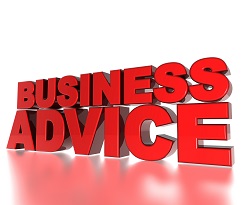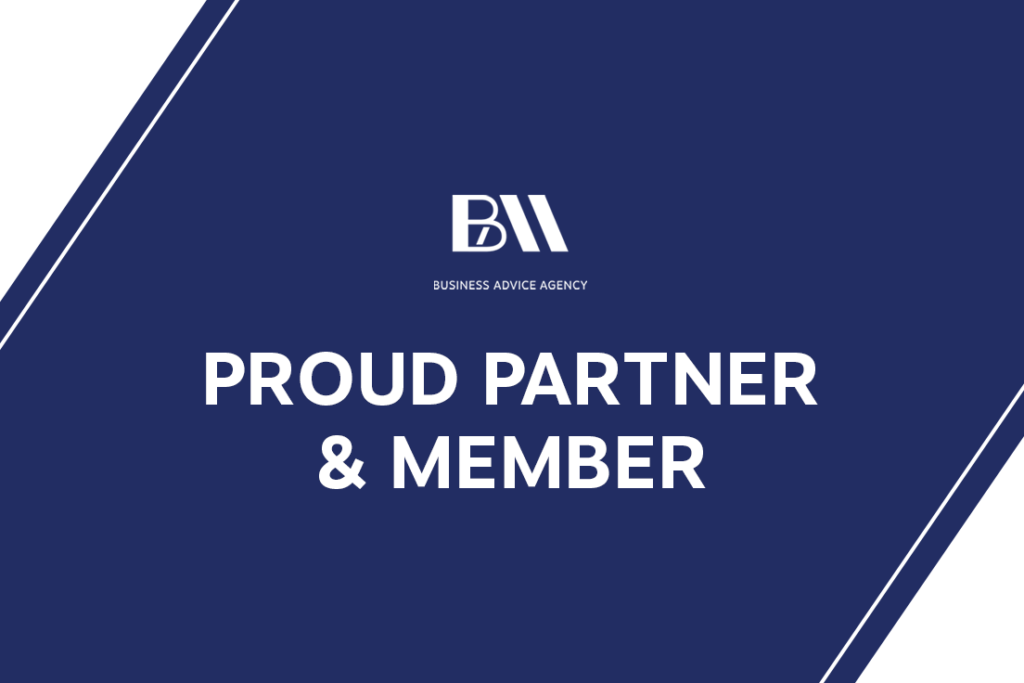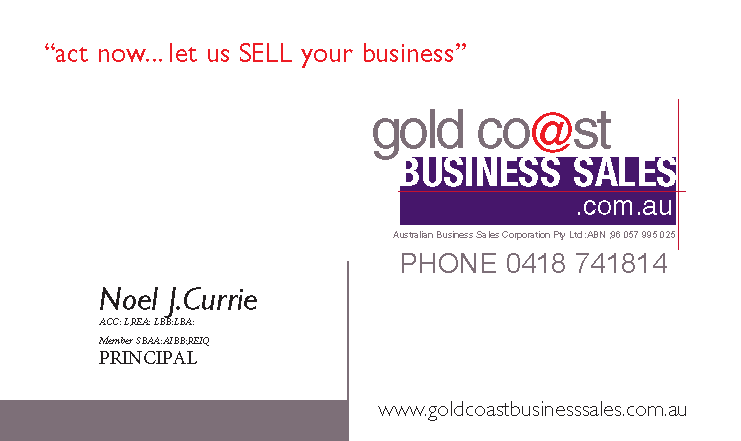
Author, Mark Ridout is a business valuation specialist and director of RA Valuation Services who has written numerous published articles – as well as consulting prospective business owners – on buying a business and maximising the value of a business pre-sale.With uncertainty in the employment market, the age of retirement likely to increase, and recruitment having tapered in recent years, it’s inevitable that more and more people are looking to be their own boss.
The options are put simply setting up a new ‘organic’ business from scratch, or buying an existing and established one. Typically the established business will sell for a premium (i.e. it has generated goodwill), as it will often come with a customer base, ongoing contracts, established position in the market place and so on.
The economic climate Market conditions within the business sector.
Location/Demographics/Competition can be local (e.g. a newsagent) or national/international (online business)
Regulation, red tape and threat of litigation.
Verify that you are paying a fair price for the business get it valued independently
In the uncertain economic climate, prospective purchasers of businesses are increasingly seeking a formal independent business valuation. An expert’s valuation figure provides a fair and unbiased view of the worth of the business independent of the ambitions of the seller or their transfer agent.
Additionally, the report doubles as a tool in helping to raise finance for the investment. This latter point is all the more important as bottlenecks are still occurring where purchasing parties often struggle to get funding after an internal or open market deal has otherwise been successfully agreed.
Banks will continue to request firm evidence of a reasonable and achievable return on any investment well after the green shoots of recovery have genuinely sprung.
The most common scenarios of business purchase are:
1. Buying part (or all) of a business and already having a part-ownership in it e.g. existing partner/director buying additional share(s) in the business.
2. Connected with the business but not an existing co-owner. The connection can be indirect (such as a supplier, customer, competitor etc) or direct (such as working as an employee). In this scenario the buying party may have a good understanding of the day-to-day running of the business operations, customers, staff and so on, but is still unlikely to have any idea as to the true (goodwill) value of it.
3. No previous connection with the business (e.g. buying a sole-trader business outright as a career change).
In all the above scenarios, the purchasing party will require an independent review for the following reasons:
The two (or more) sides of an internal business transfer rarely agree on an in-principle figure, let alone a true and fair value once due diligence considerations have been accounted for. In RA’s experience, the difference in perception of what an outgoing and incoming party consider a fair value can be several hundred percent. Even though valuation can be a contentious point, clearly they can’t both be right. A buy-in should never be agreed without seeking an independent assessment of the business’ value.

Open market purchasers (scenario 3 above) need to know that the asking price is fair, or what a reasonable offer is to clinch the deal, bearing in mind that an open market transaction is also potentially subject to a wider source of offers. Likewise, in RA’s experience, purchasers have sometimes been able to negotiate a reduction of tens or even hundreds of thousands of pounds after getting an independent valuation. In other situations, would-be-purchasers have decided to walk away from a deal that post valuation – they realised could have otherwise proved to be highly costly mistake.
In summary, an investment into or purchase of a business no matter how large or small is likely to be one of the biggest (if not the biggest) financial expenditures in life. And, statistically, it’s unlikely to happen more than once.
It’s worth getting it right. The modest outlay of an independent valuation could save – at the very least – piece of mind but could well end up helping to save a small fortune.


Click on the link below to compete the confidential BMI form , this form has been created using the specific algorhythms finely tuned by Australian Business Sales Corp over 3 decades.